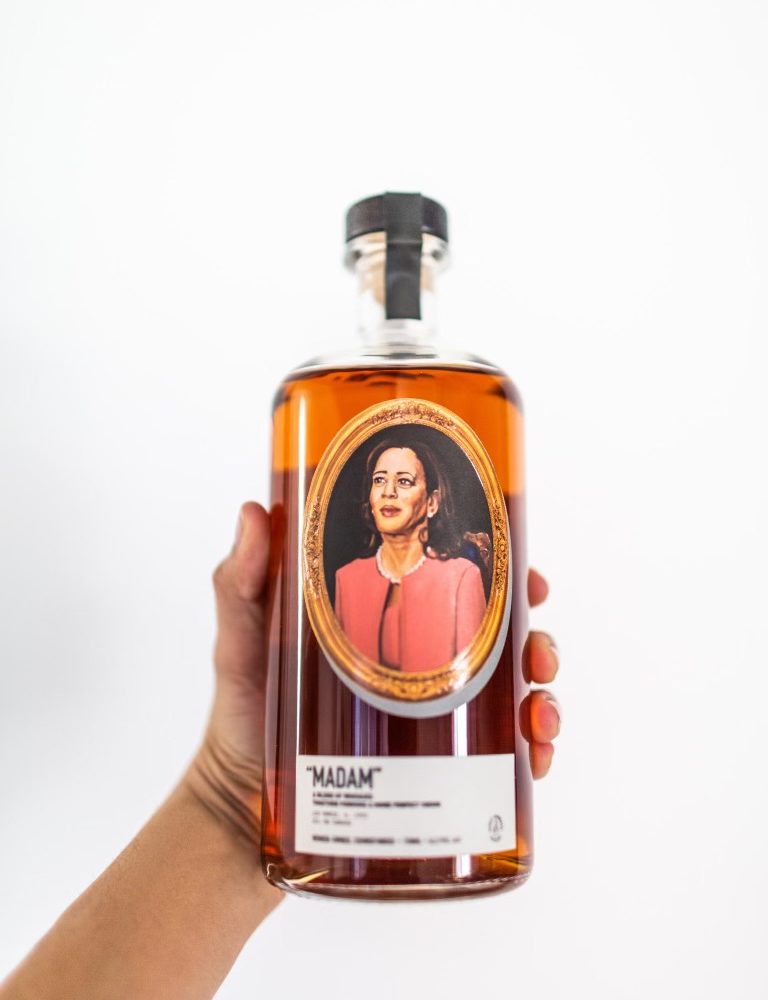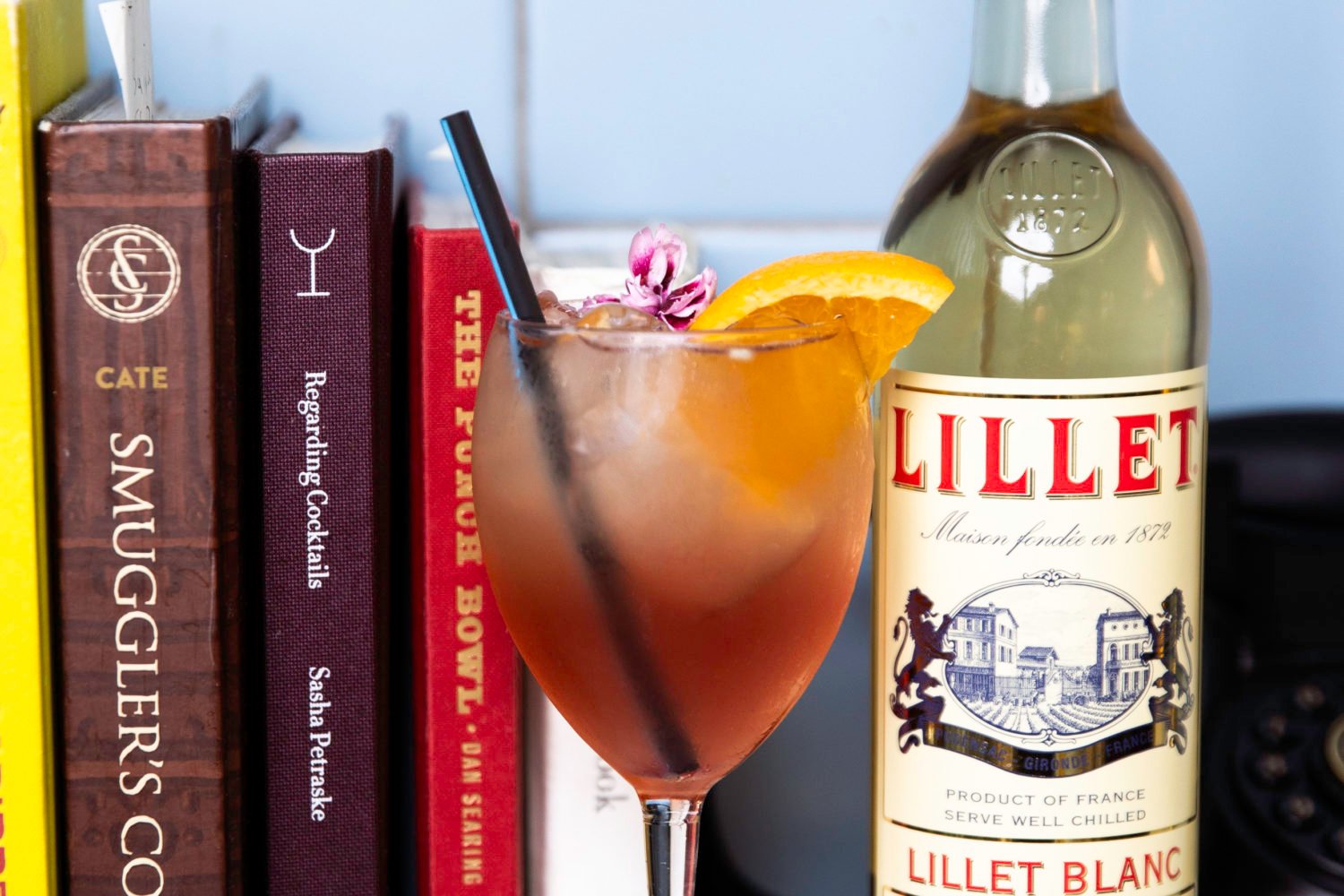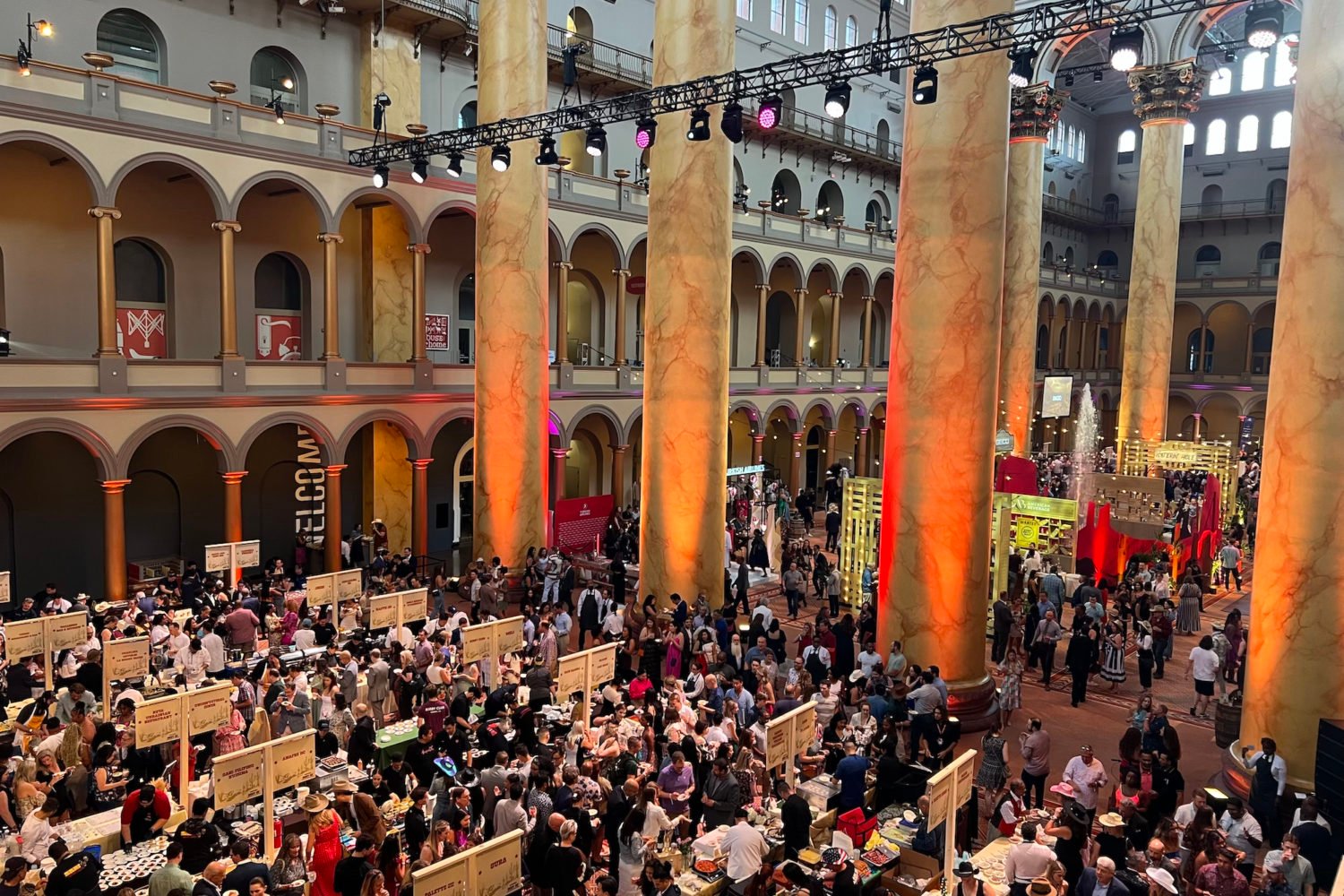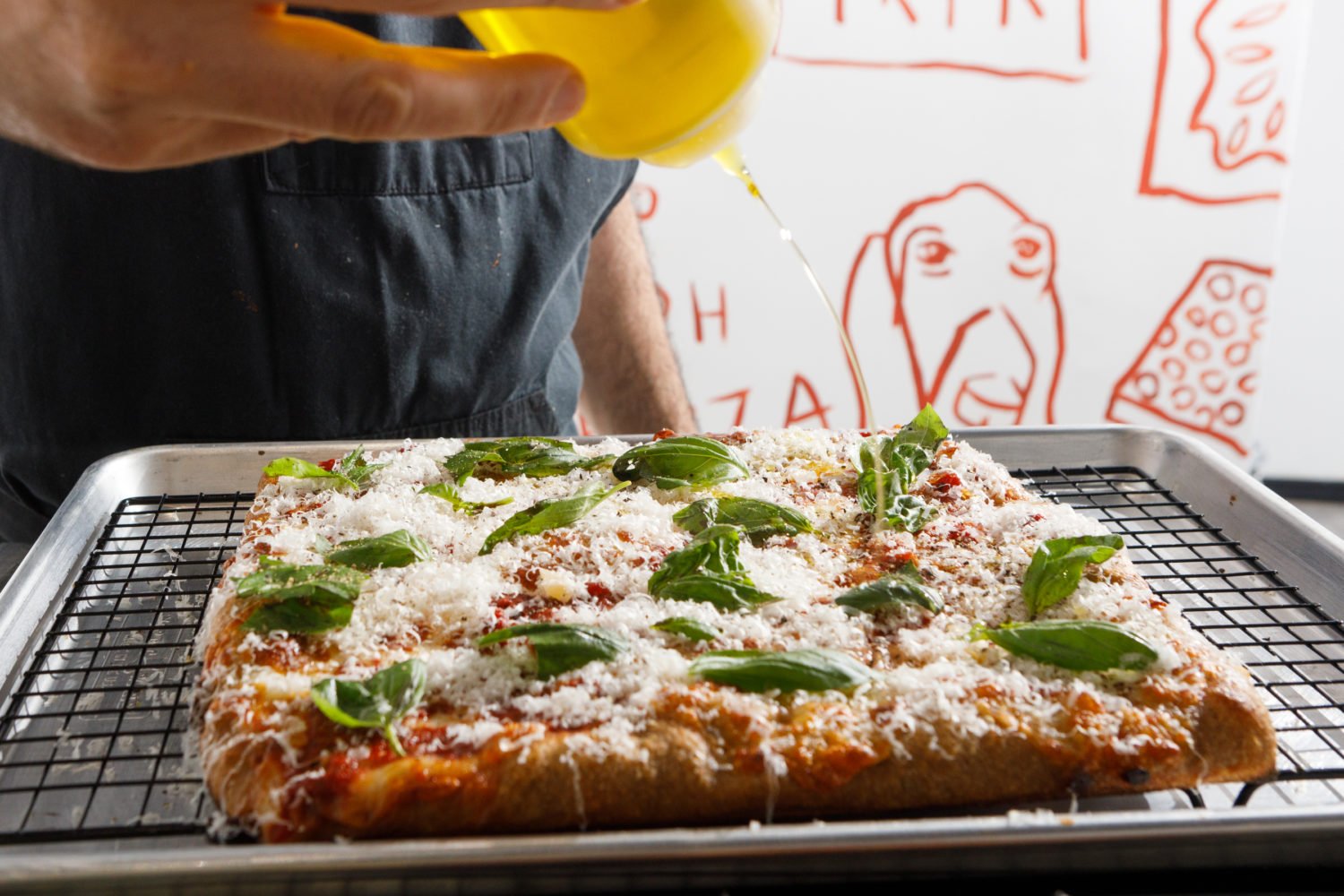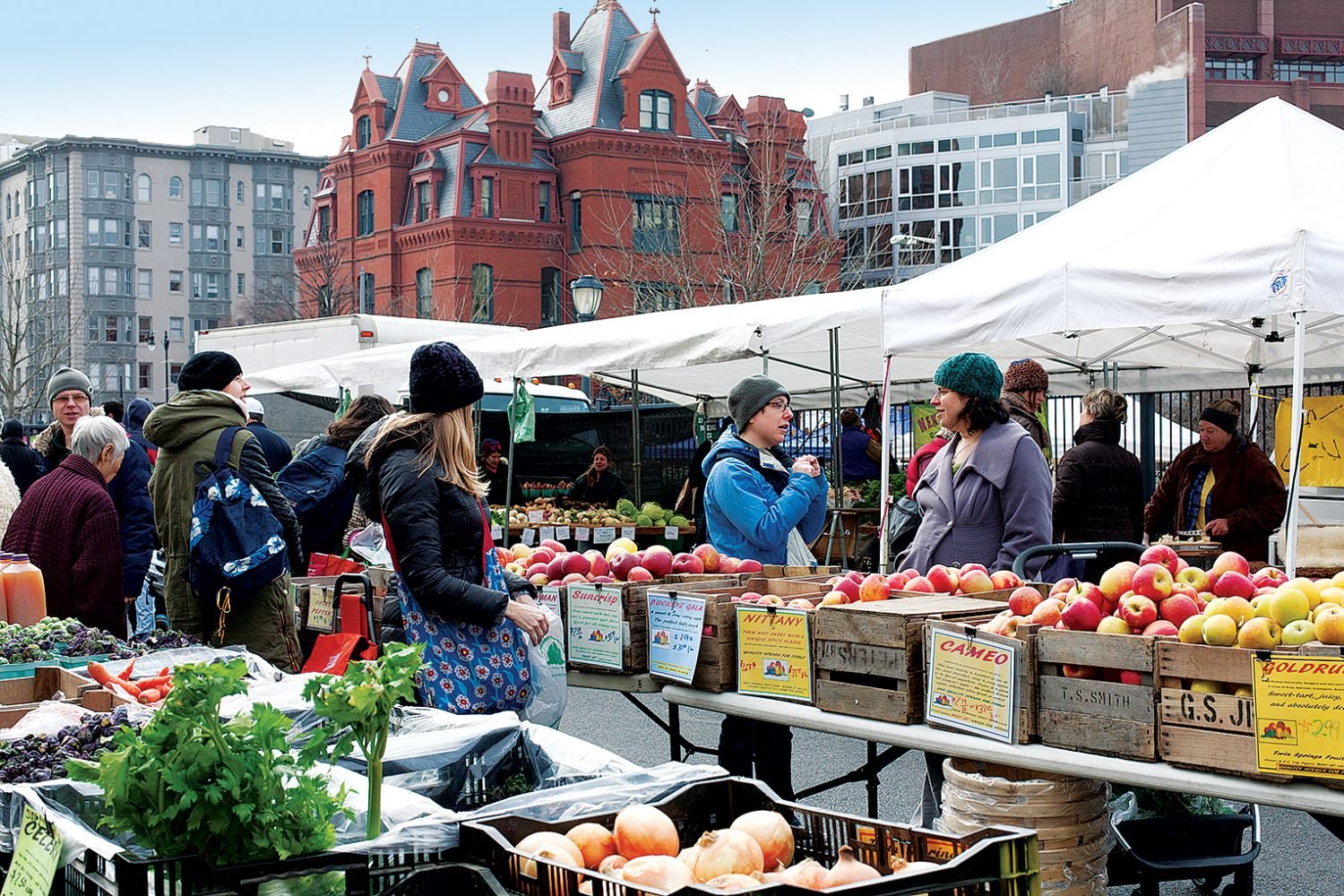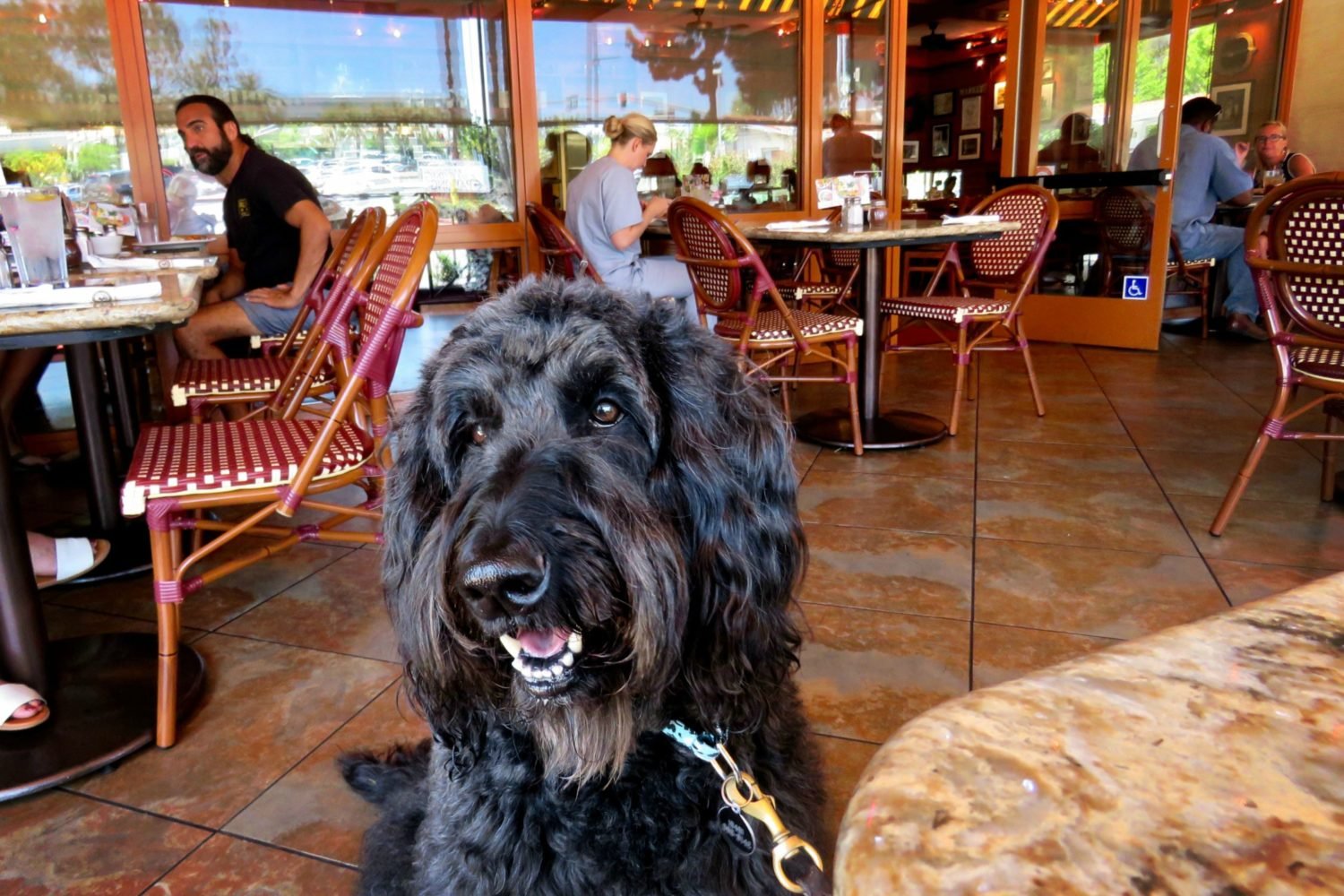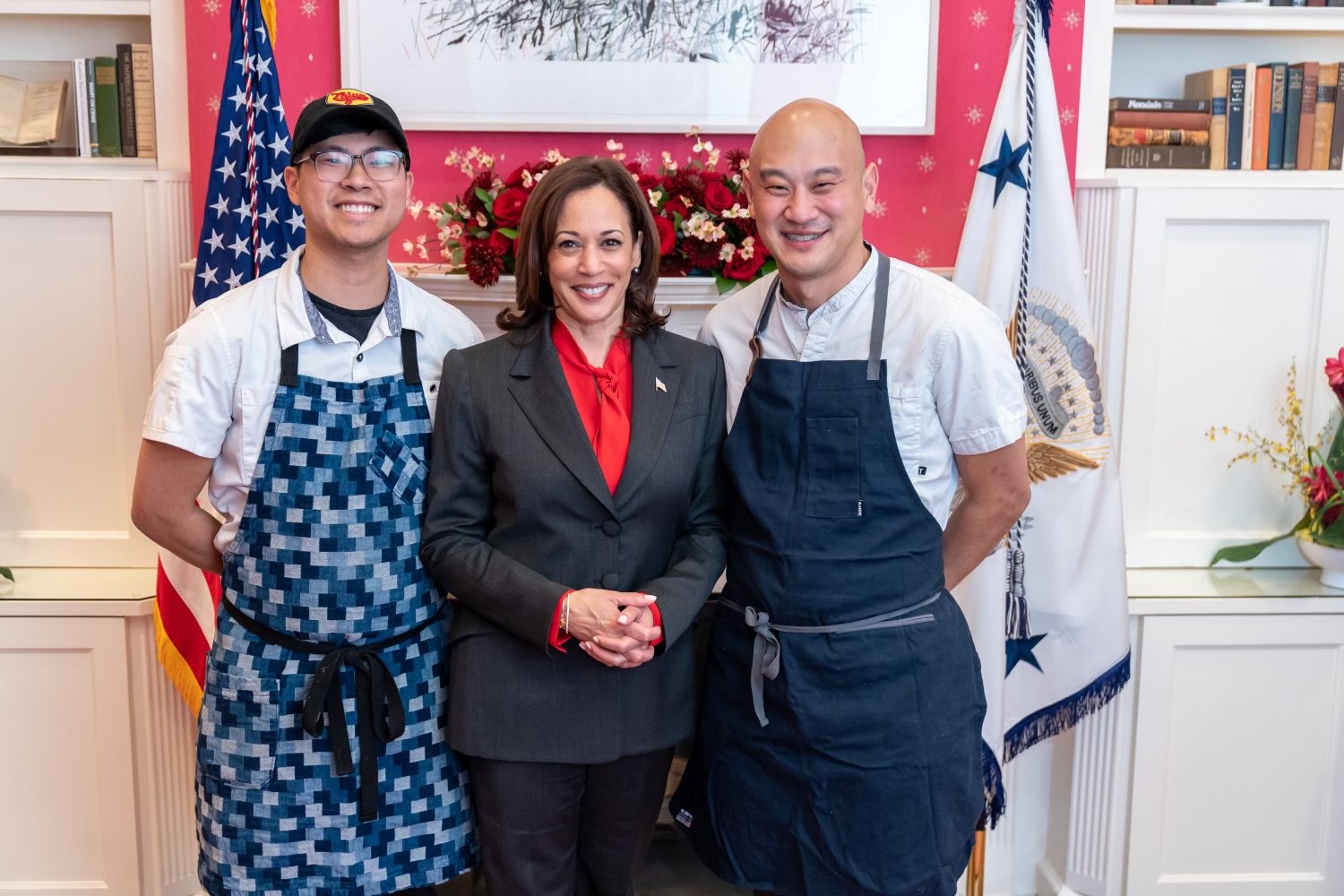About Made in DC 2019
This article is a part of Washingtonian’s Made in DC feature. Local artisans are creating bourbon and beauty products, handbags and hot sauce, clothing and jewelry. We found the coolest things being made here right now.
Tsiona Bellete
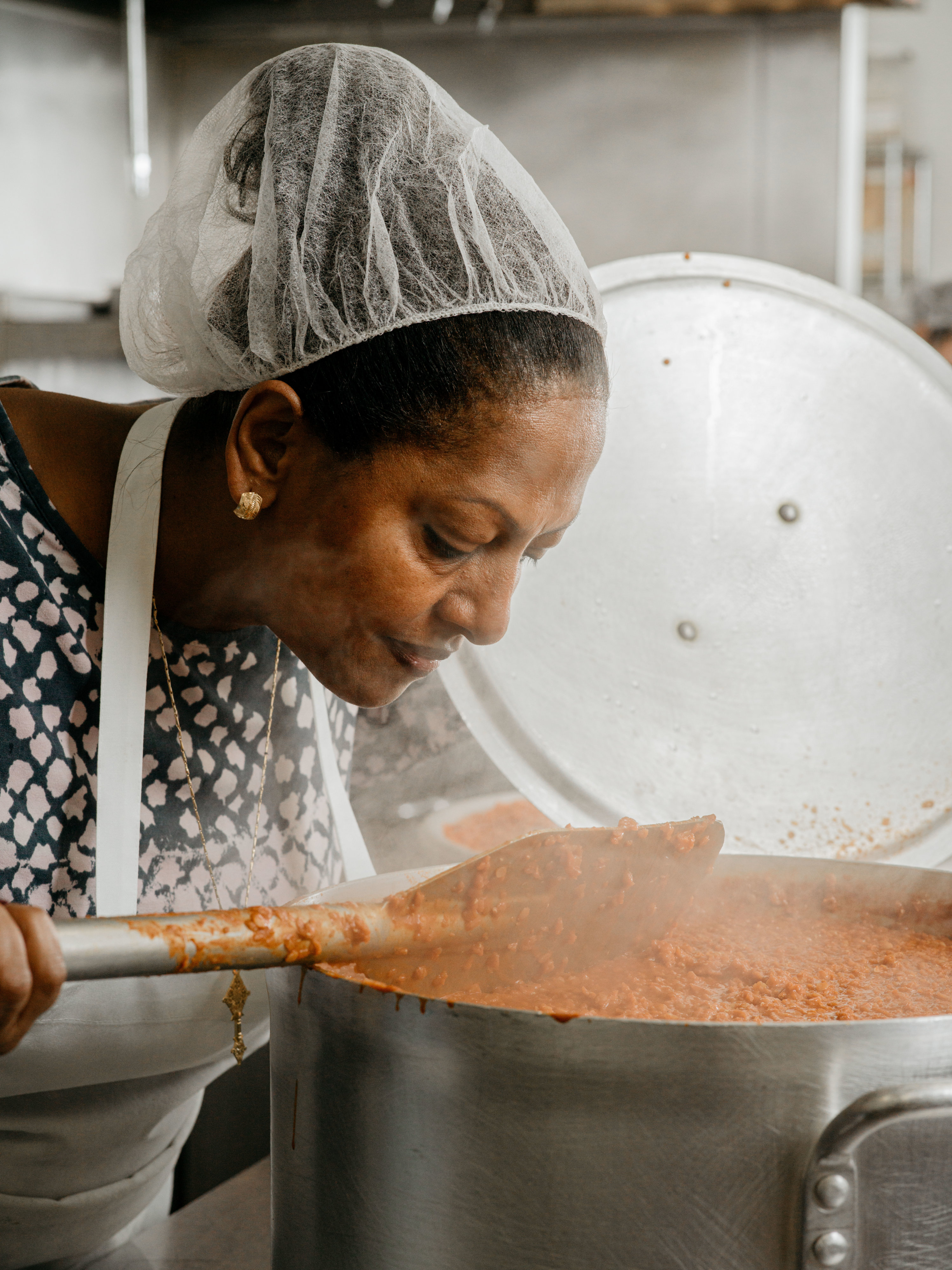
Tsiona Bellete was looking to reduce food waste at Sheba, her Rockville restaurant. So she began experimenting with ways to use day-old injera, the spongy Ethiopian flatbread, and hit upon injera chips.
“There are tortilla chips, there are pita chips—they all started with something like injera,” says the Addis Ababa native. She started serving the crisps at the restaurant in 2016 and then, by popular demand, in bags at the host stand. Any chip worth its crunch needs an accompanying dip, so Bellete tried riffing on Ethiopian lentil stews she has eaten since childhood, making a mild version of yekik alicha—yellow split peas with turmeric and ginger—and misir wat, spicy brown lentils seasoned with berbere.
The combinations were a hit. Bellete outgrew her kitchen and opened a factory near Sheba, where she makes the dips, a variety of sweet or savory injera crisps, and a line of easy stew mixes for home cooks, available at local markets including MOM’s Organic and Whole Foods.
Ethiopian cuisine has long been lacking in mainstream grocery stores. Not for long, says Bellete “Injera chips are going to be the new pita chips.”
Paul Reed Smith
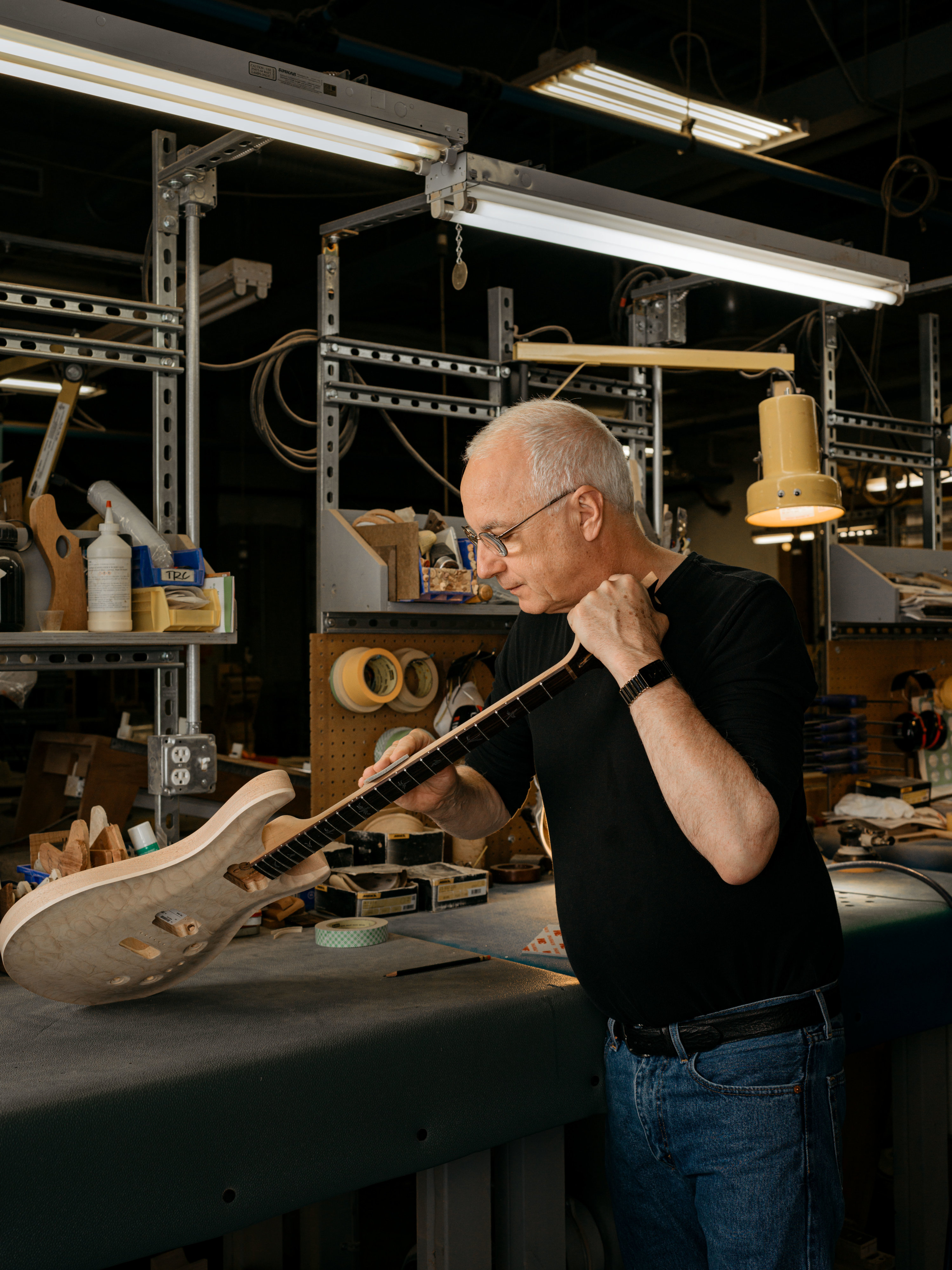
Paul Reed Smith was 16 when he began fooling around with guitar making. At one point, he convinced his younger brother, Charles, to move into his room so they could convert Charles’s bedroom in the Bowie family home into a workshop. Charles reclaimed the room after one summer, but Paul’s passion had been ignited.
He crafted his first successful guitar, a single-cutaway Les Paul Junior style, in response to a challenge from a college music professor. At venues such as Merriweather Post Pavilion and the old Capital Centre, he’d bring a few guitar cases and hawk his wares—including to Carlos Santana and Ted Nugent—with the guarantee that if they didn’t fall in love with the instrument, he’d refund their deposit.
The gimmick worked. Today PRS is the third-largest electric-guitar manufacturer in the United States, employing more than 350 people at its facilities on Maryland’s Kent Island. Smith never considered leaving the area: “The thing I loved about it here is that it was a stop for all the bands. They would play at Merriweather or Constitution Hall or the Capital Centre. The Bayou was the first place Foreigner ever played. I learned how to play guitar at the Bayou. DC is a hotbed of great musicians—always has been.”
Samy Kobrosly
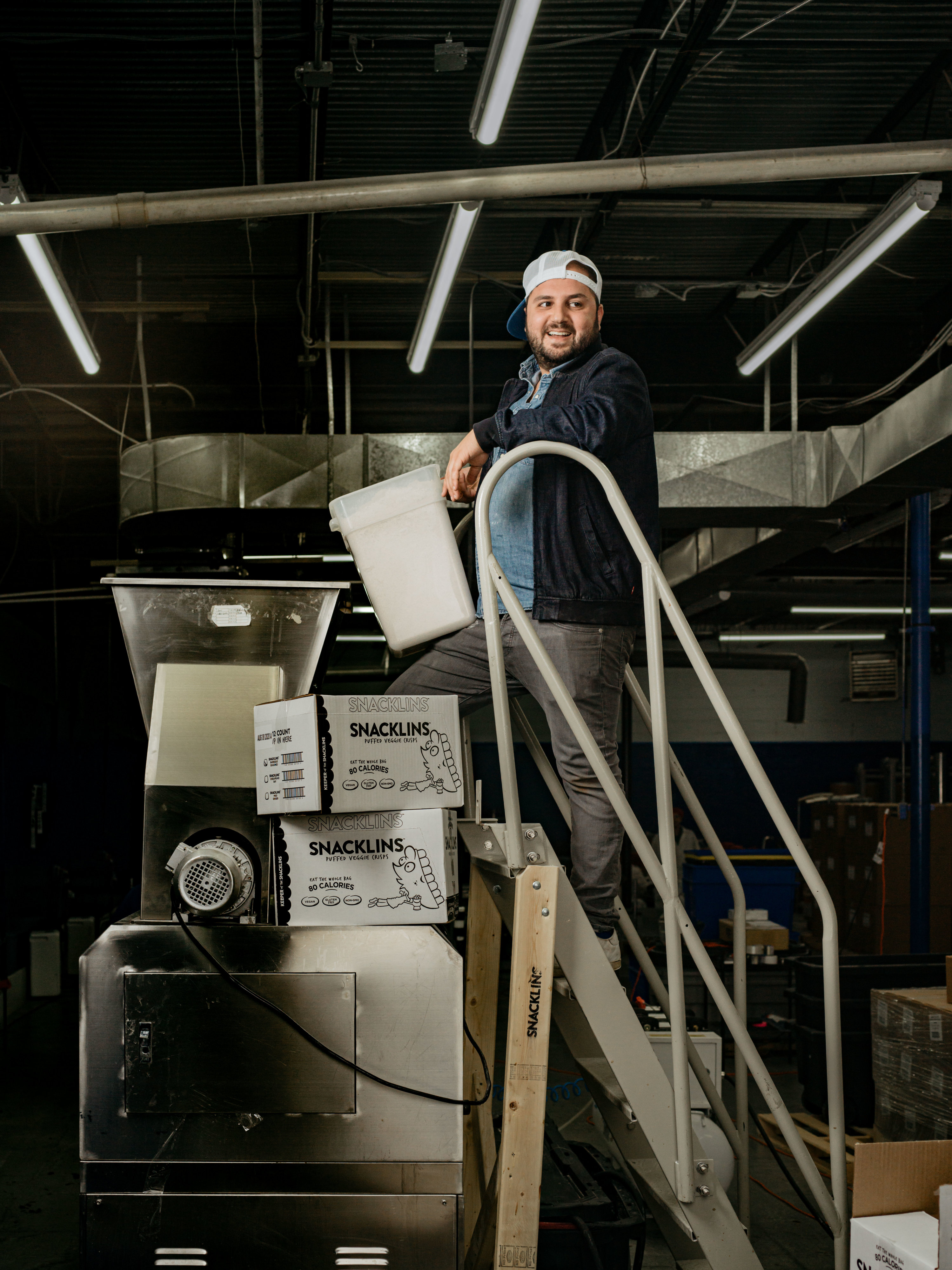
Snacklins cofounder Samy Kobrosly says he’s “living the American dream” these days. “I am a Muslim first-generation American who is now pitching a vegan pork rind on Shark Tank,” he told the hosts of the ABC show in a recent episode. Billionaire investor and host Mark Cuban was sold, buying equity in the company.
The mushroom-and-yuca-based puff chips—only 80 calories a bag—are among the biggest snacking successes to come out of DC. The idea started as a joke between Kobrosly, a former Hot 99.5 radio DJ, and then-partner chef Logan McGear. Now it’s no joke: Snacklins are available in Whole Foods on the East Coast and Walmarts in almost every state. Rachael Ray is a huge fan.
While a lot of food companies move out of Washington when they hit it big—sky-high rents, limited manufacturing space—Kobrosly kept most of Snacklins production in Rockville, even though the end product is fried and bagged in Pennsylvania. The team also continues to test new flavors (hello, nacho) at their home base in the Ivy City food incubator Union Kitchen.
Collin, Ryan, and Austin Gill
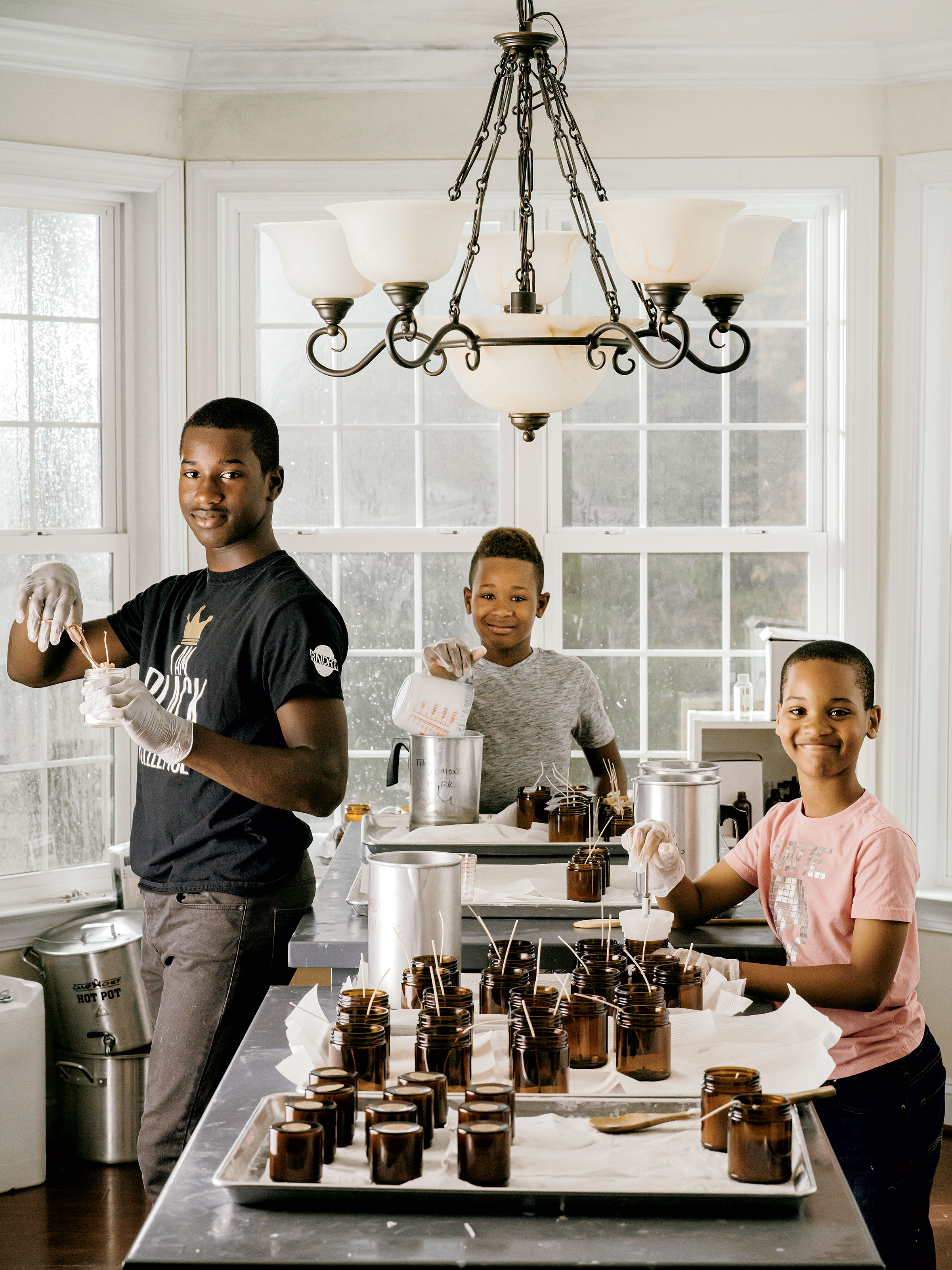
When the three Gill brothers were younger and asked their mother for money to buy Nerf guns—they wanted to document their battles on YouTube—she offhandedly suggested they start a business. “I’m thinking they’re going to suggest cutting grass or doing things around the neighborhood,” says Celena Gill.
Instead, Collin, Ryan, and Austin—at the time 12, 9, and 7 years old—learned how to make candles, setting up a lab in their Indian Head, Maryland, home and calling it Freres Branchiaux, French for “gill brothers.” They began selling the candles at baseball games, craft markets, and other community events.
That was two years ago. They now make 23 types of candles, stocked by 40-plus retailers nationwide, including Macy’s. Their story fueled some of the success. “They were on Good Morning America, and they were in the Washington Post,” Celena says. “But if it were a bad product, people would just buy one. We have a lot of repeat customers.”
While Collin, the eldest, takes the business lead and Ryan develops scents—with playful names such as “Wakanda Forever”—all three mix and pour. They’re looking for a maker’s space so they can move production out of the house and add to their roster of four non-family employees. Says Celena: “We never thought it would be this big.”
Sarah Bayot
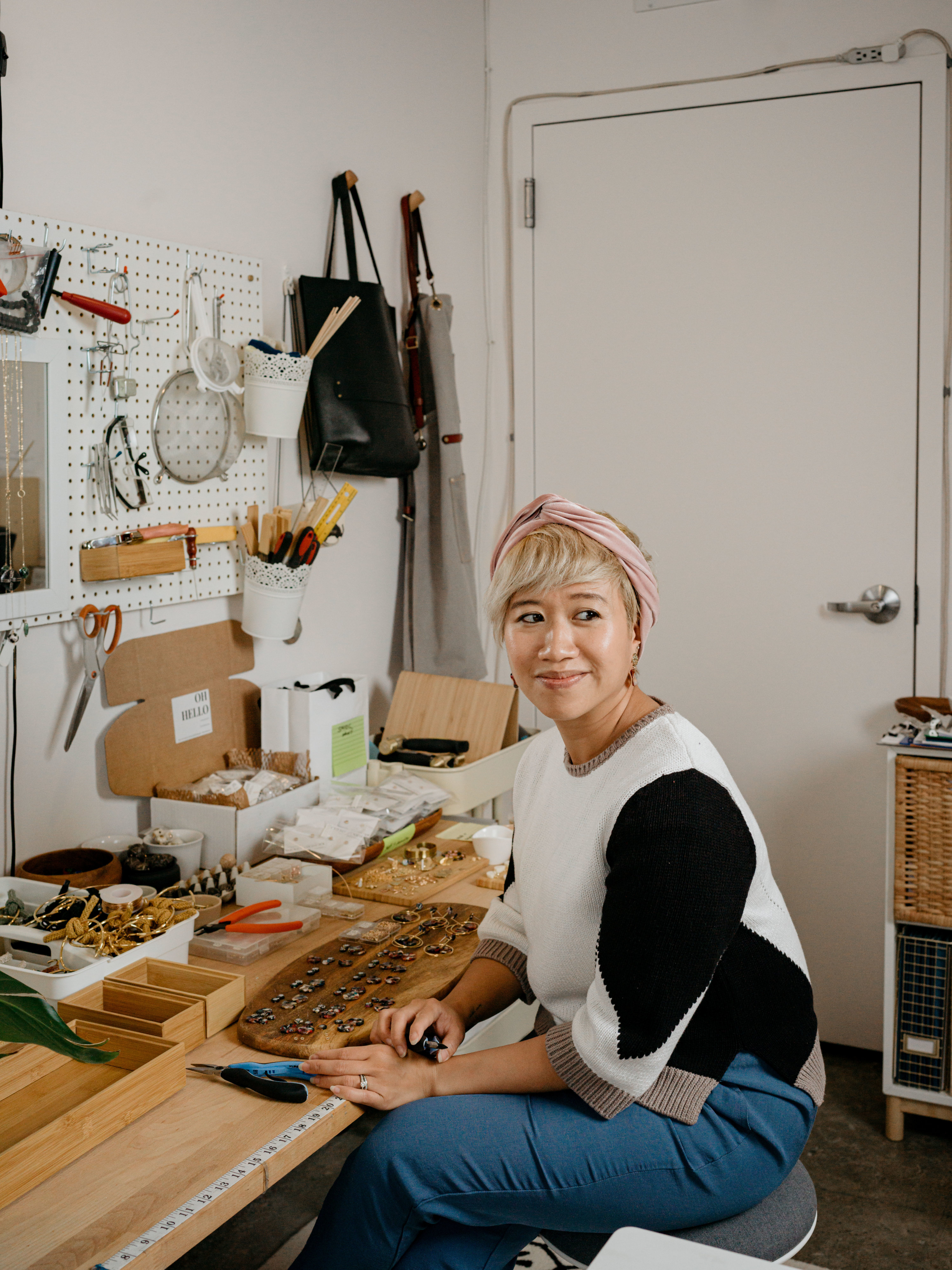
After graduating with a master’s in international affairs and development from GW, Sarah Bayot took a traditional career path, settling into a job at the nonprofit National Community Church, which focuses on things like homelessness and refugee care.
But Bayot also had an interest in fashion, which led her to sewing classes and a conundrum: What was an eco-conscious young creative to do with all the leftover scraps from her class projects? Bayot began repurposing the textiles to cover simple stud earrings, and as friends took notice of the designs, metalsmithing classes followed.
In 2014, Kicheko Goods was born. Her jewelry, made in her Brookland studio, has gained attention for its inventive use of materials—including rope, deer tines, and textured stones such as raw druzy, the last of which proved a bestseller.
Bayot also used her academic and professional experience, as well as contacts from church mission trips to the eastern Democratic Republic of Congo, to give Kicheko a larger purpose: For every piece sold, Kicheko donates one month of schooling to a child at Mango Tree School in the DRC.
Rosalie Ferris
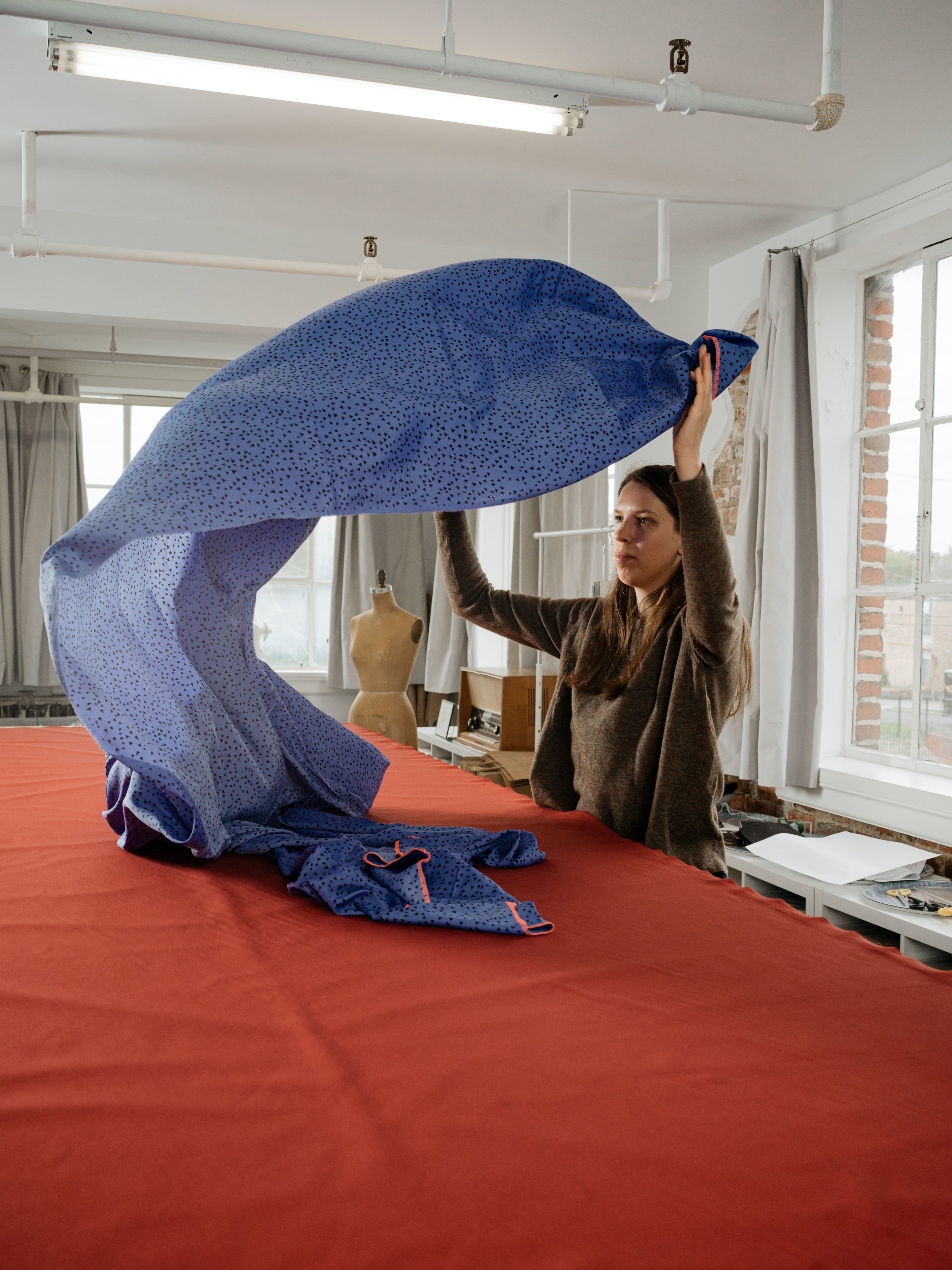
Slip on a garment made by a local designer and chances are good that you’re donning a piece that Rosalie Ferris had a hand in bringing to life. The 29-year-old Canadian garment maker is the person local designers turn to when starting a clothing line. Ferris advises them on everything from product development to pattern making to the tough business of manufacturing: She accepts small production orders out of Off the Beaten Track Warehouse in Northeast DC, sometimes creating up to 100 garments per order herself. “New designers don’t want to produce a ton of inventory when they don’t yet have a market or a consumer base,” Ferris says. The small batches prove invaluable to designers trying to build their businesses.
A costume-design major, Ferris began honing her craft during the theater slow season, when she took on extra work from Washington designers. Eventually, she recognized a need for her services. “My focus has always been working with clients that are in the DC area,” she says, “because there is no other business that serves individual designers.”
This article appears in the December 2019 issue of Washingtonian.













